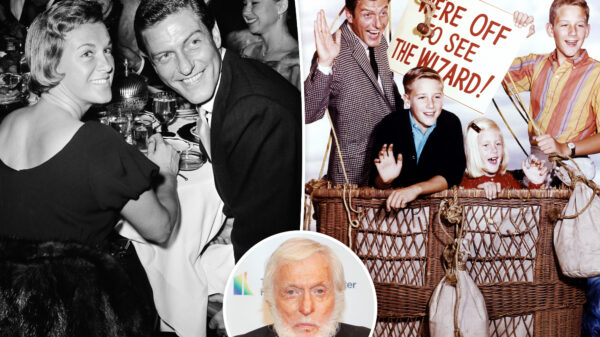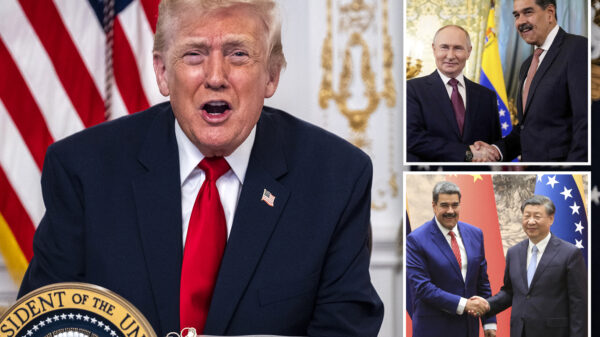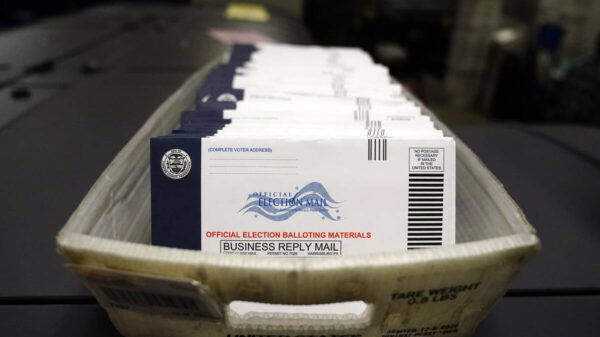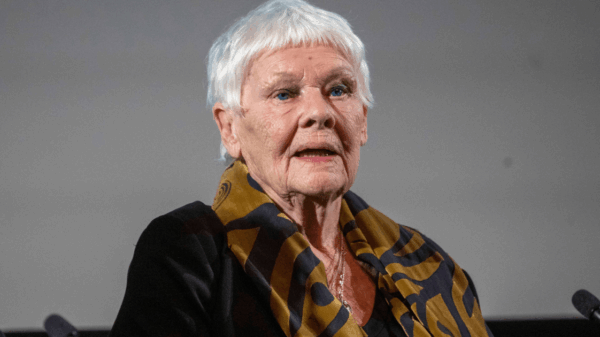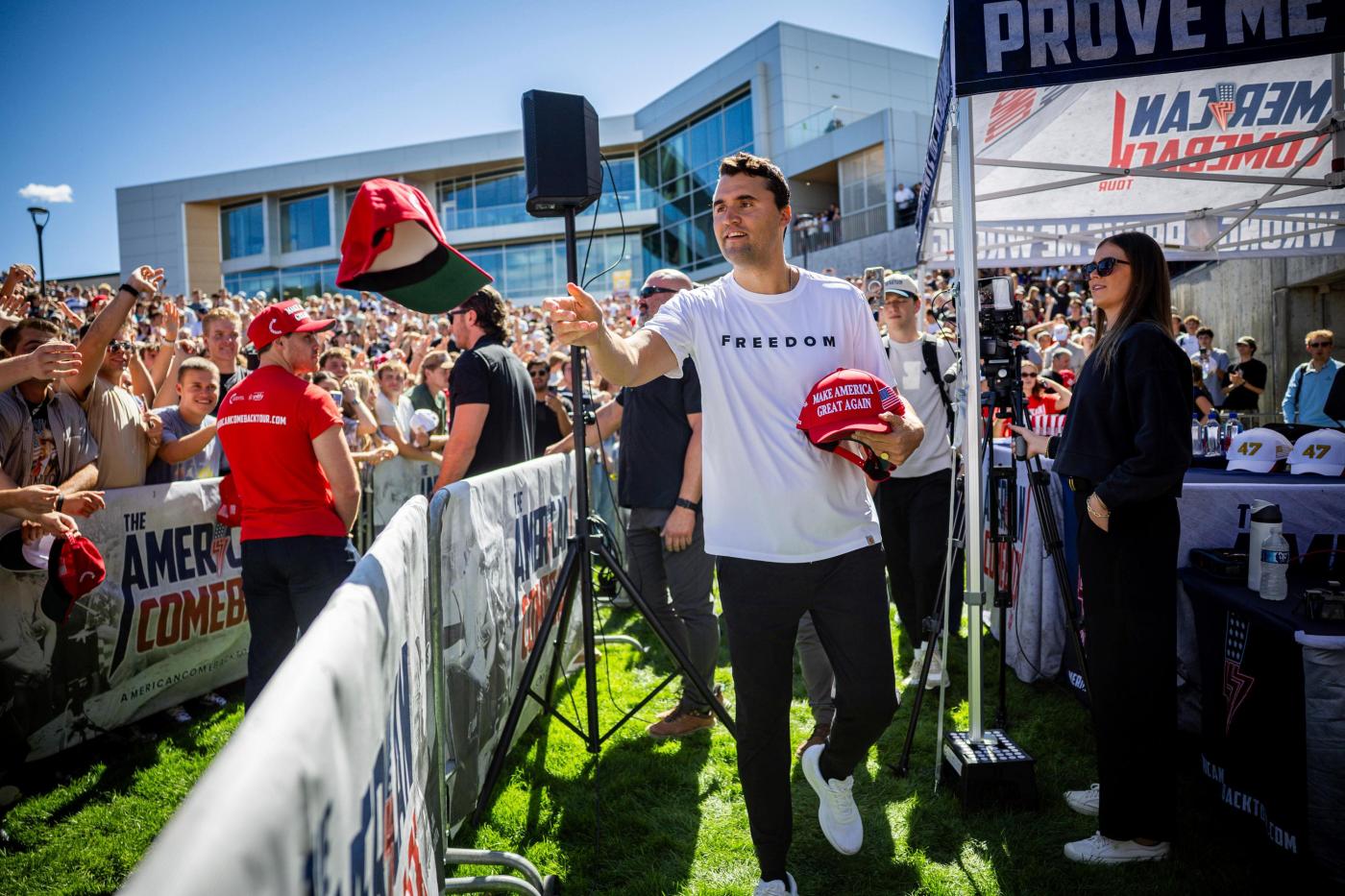In a tragic incident that has reignited discussions on gun violence and political discourse, activist Charlie Kirk was fatally shot while speaking to university students in Utah on September 2023. The shooting occurred as Kirk was addressing a question about mass killings, highlighting the pervasive issues surrounding violence in society today. The event has raised alarm over the growing culture of political violence and the accessibility of firearms.
The incident has drawn responses from various individuals reflecting on the implications of such violence. Roberta Chaleff, a concerned citizen, expressed her condolences, stating, “Our hearts go out to Charlie Kirk’s family, friends and colleagues.” This sentiment reflects a broader concern regarding the atmosphere of hate and division that seems to permeate contemporary discourse.
A Call for Respectful Dialogue
Many commentators are emphasizing the need for mutual respect in political discussions. Lana Lysen from Pompano Beach urged Americans to adhere to the principles of the First Amendment, advocating for freedom of speech and nonviolent protest. She highlighted the importance of unity in a time when political disagreements often escalate into hostility.
The issue of political violence has historical roots in the United States. JoAnn Lee Frank pointed out that several U.S. Presidents, including Abraham Lincoln and John F. Kennedy, were assassinated, and that the recent death of Kirk adds to a disturbing legacy. Frank expressed concern that a culture fostering such violence could persist, with extremists resorting to lethal means as a form of expression.
The Impact of Gun Laws
The ease with which firearms can be acquired remains a contentious topic. In states like Utah, laws allowing concealed carry without permits have come under scrutiny. Commentator Rosemary Blumberg argued that more stringent checks could prevent tragedies like Kirk’s death. She stressed that differing viewpoints should not lead to violence, advocating for a society where respect and compassion take precedence.
The culture of political violence not only affects individuals but also poses a threat to democratic institutions. Ed Horn noted the historical context of political assassinations in the United States, suggesting that the ongoing cycle of violence tarnishes the nation’s legacy. He called for a reevaluation of how political disagreements are addressed, emphasizing that those who exploit such incidents for personal gain should not hold positions of power.
While the nation grapples with the aftermath of this shooting, the broader conversation about gun control and political discourse continues to evolve. Many voices, including that of Alan B. Wackerling, echo the sentiment that mere expressions of grief will not lead to meaningful change unless accompanied by concrete actions.
As the investigation into Kirk’s murder unfolds, the call for justice grows louder. Advocates hope that this incident will serve as a catalyst for discussions on gun legislation and the need for a more respectful political climate. The tragic loss of Charlie Kirk underscores the urgent need for society to confront the issues of violence and division that threaten community safety and democratic values.




